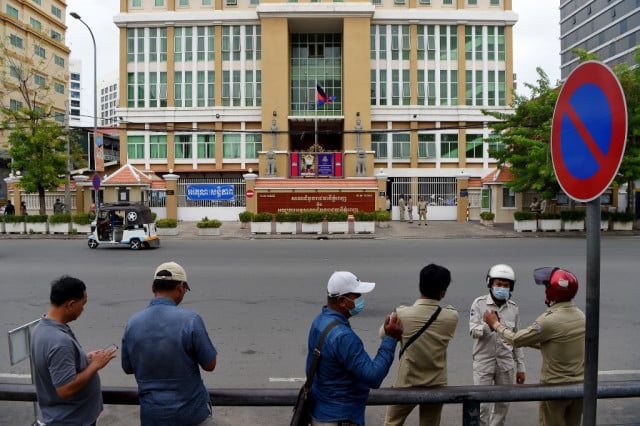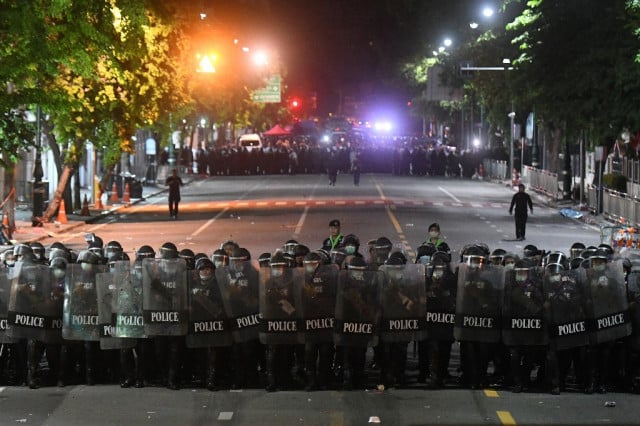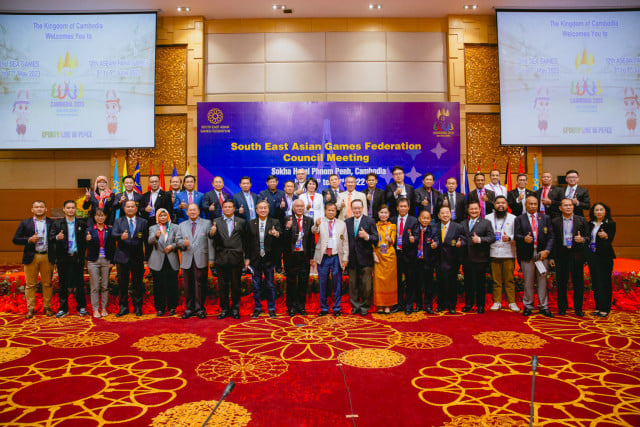NGOs Report on the Cambodian Authorities’ Use of the Courts to Silence People

- Mao Sopha and Phoung Vantha
- October 1, 2020 10:09 AM
Lawsuits become a means to warn them against criticizing government action, they say
PHNOM PENH--Four Cambodian civil society organizations have released a joint newsletter entitled "Factsheet: Strategic Lawsuit Against Public Participation," which says that the Cambodian government has been using legal strategies against public participation that are intended to discourage, intimidate and suppress criticism.
According the Cambodian Center for Human Rights (CCHR), the Solidarity Center, the International Center for Free Law (ICNL) and the Cambodian Human Rights and Development Association (ADHOC), the government and powerful individuals have used “strategic lawsuits against public participation”—or SLAPPs—to stifle citizen engagement through fear of incarceration and financial burdens as such lawsuits subject individuals to legal costs and large fines.
"SLAPPs are used as an intimidation tactic to scare individuals, civil society actors, community leaders, journalists, whistleblowers, and human rights defenders into silence," they said. "The vast majority of these were brought by the RGC [Royal Government of Cambodia], RGC officials, or the judiciary, and frequently targeted multiple individuals."
During the period of April 2019 through March 2020, the Cambodia government has used SLAPPs 132 times in such targeted ways, the NGOs said in their newsletter released on Sept. 29.
However, Chin Malin, spokesperson for the Ministry of Justice, said that study was baseless: Court litigation is the correct action to take in a democratic country, he said in a phone interview on Sept. 30.
"Using judicial mechanisms is not to restrict freedoms, but to enforce the law,” he said. “As long as we violate the law, we must face [being treated as] legally responsible and we resolve it through the courts: That's the way.”
Malin said the civil societies that compiled the report should also study which of their activities was exercising their rights and which ones was violating the law.
"The court is the only legitimate means in a democratic society,” he said. " Only dictatorships use force against people."















